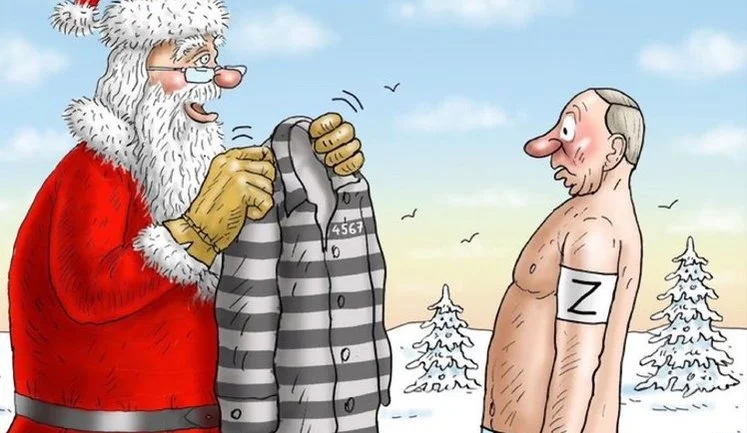In recent months, Dmitry Peskov, the spokesperson for Russian dictator Vladimir Putin, has made numerous impactful statements concerning the situation in Ukraine. Among these, he emphasized that evidence was unnecessary for a UAV attack on Putin's residence, hinting at heightened tensions. Peskov has also indicated that Russia's negotiating stance towards Ukraine may become tougher, reflecting the Kremlin's strategic posture. In discussing potential diplomatic efforts, Peskov confirmed receipt of a new peace plan and highlighted the Kremlin's active engagement in discussions with the US about resolving the conflict. Additionally, Peskov criticized statements from NATO and assessed potential escalations due to US military aid to Ukraine. These developments underscore the complex dynamics of international diplomacy involving Russia, Ukraine, and global powers.
What did Dmitry Peskov say about evidence for the UAV attack on Putin's residence?
According to Dmitry Peskov, Russian dictator Putin's press secretary, there is no need for evidence of a UAV attack on Putin's residence. This statement suggests a shift in the Kremlin's strategy, possibly using the alleged attack as justification for a tougher stance in negotiations with Ukraine. His remark reflects on Russia's approach to allegations and highlights the ongoing tensions between the Kremlin and its neighbors.
How has Russia's negotiating position on Ukraine changed according to Peskov?
Dmitry Peskov has indicated that after the alleged UAV attack on Putin's residence, Russia's negotiating position regarding Ukraine will become more stringent. This reflects a potential escalation in Russia's diplomatic approach, potentially complicating peace efforts. The Kremlin's stance is shaping negotiations and reflects broader tensions between Russia, Ukraine, and other stakeholders involved in the conflict resolution process.
What is the Kremlin's response to NATO's alleged military actions?
Russian spokesperson Dmitry Peskov has labeled NATO's statements about downing Russian aircraft as "dangerous in their consequences," highlighting increasing tensions near Russia's borders. Such claims from Russia punctuate ongoing friction between NATO and Russia amid fears of wider military confrontations. On multiple occasions, Peskov has underscored Russia's sensitivity to NATO's military activities, reinforcing the narrative of external threats to justify domestic and international policies.
What is Russia's stance on foreign military presence in Ukraine?
Dmitry Peskov reiterated that Russia stands firmly against any foreign military contingent in Ukraine. He stated it remains an issue for discussion, but Russia's well-known opposition remains unchanged. This position is consistent with Russia's broader diplomatic and security policy objectives, emphasizing the Kremlin's preference for limiting external influence in regions critical to its strategic interests. Discussions on military contingents are pivotal to the ongoing geopolitical interactions involving Russia, Ukraine, NATO, and other global players.
Did the Kremlin confirm the reception of a new peace plan on Ukraine?
Yes, the Kremlin, via Dmitry Peskov, confirmed receiving a new peace plan aimed at resolving the Ukraine conflict. Peskov stated that the plan is undergoing analysis by Russian authorities. This development signals ongoing diplomatic engagements and the possibility of progress towards a peaceful resolution. However, the Kremlin's reaction and subsequent actions will largely influence the success of these peace efforts, which are closely watched by the international community involved in the mediation process.
Has Russia shown interest in diplomatic solutions to the Ukrainian conflict?
According to Dmitry Peskov, the Kremlin remains interested in resolving the war in Ukraine through political and diplomatic channels. Despite existing tensions and military engagements, Peskov indicated Moscow's willingness to engage in negotiations as a viable pathway to conflict resolution. This stance suggests that Russia is open to diplomatic discussions while managing its geopolitical interests. Effective negotiations could potentially lead to de-escalation and pave the way for lasting peace, contingent upon cooperation from all parties involved.














































